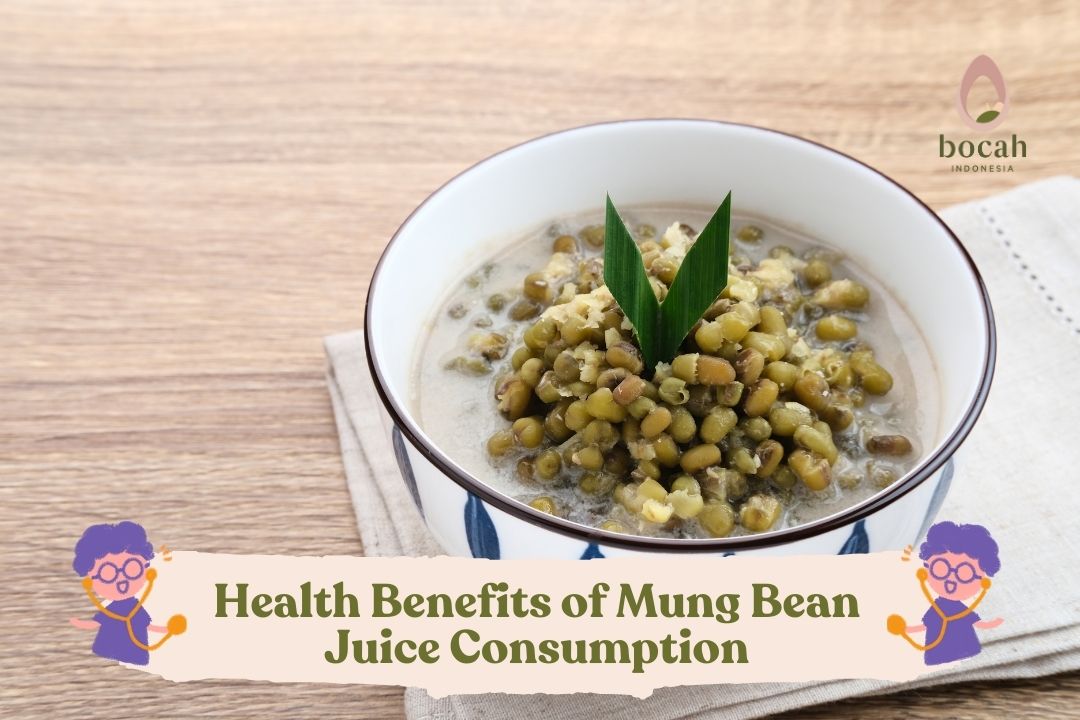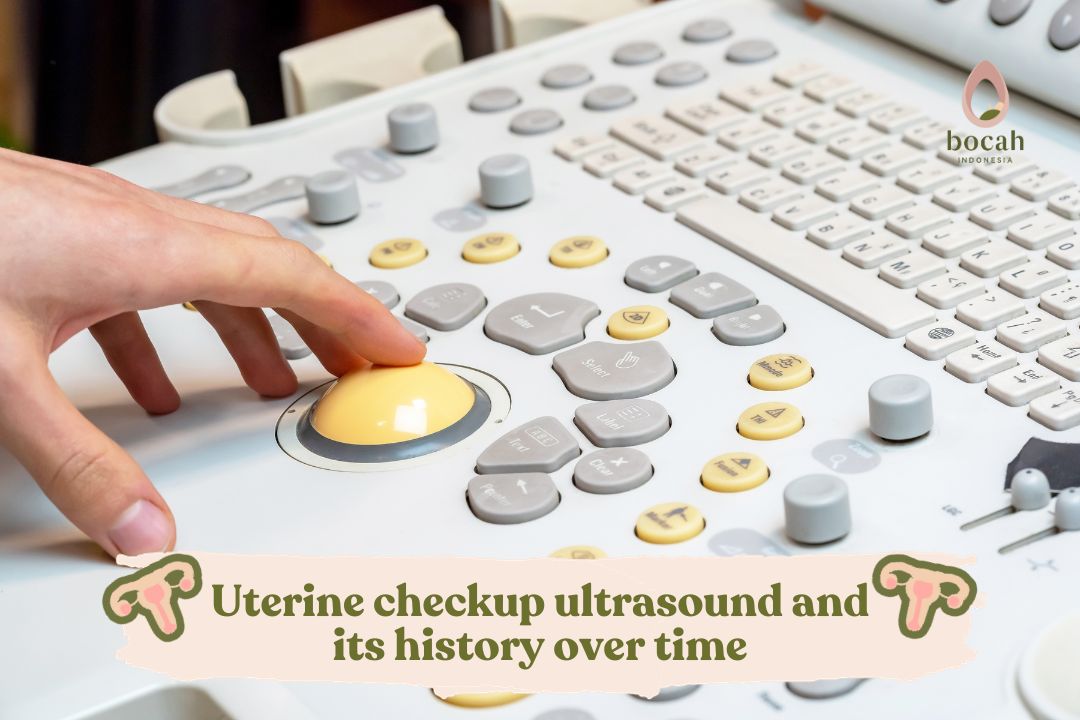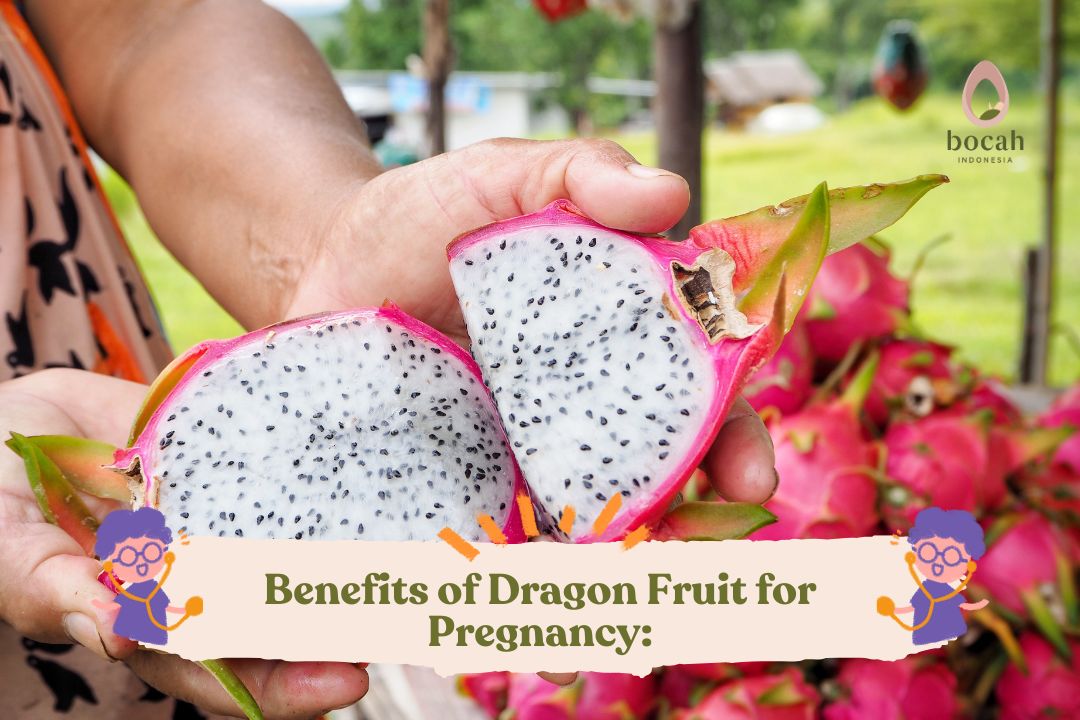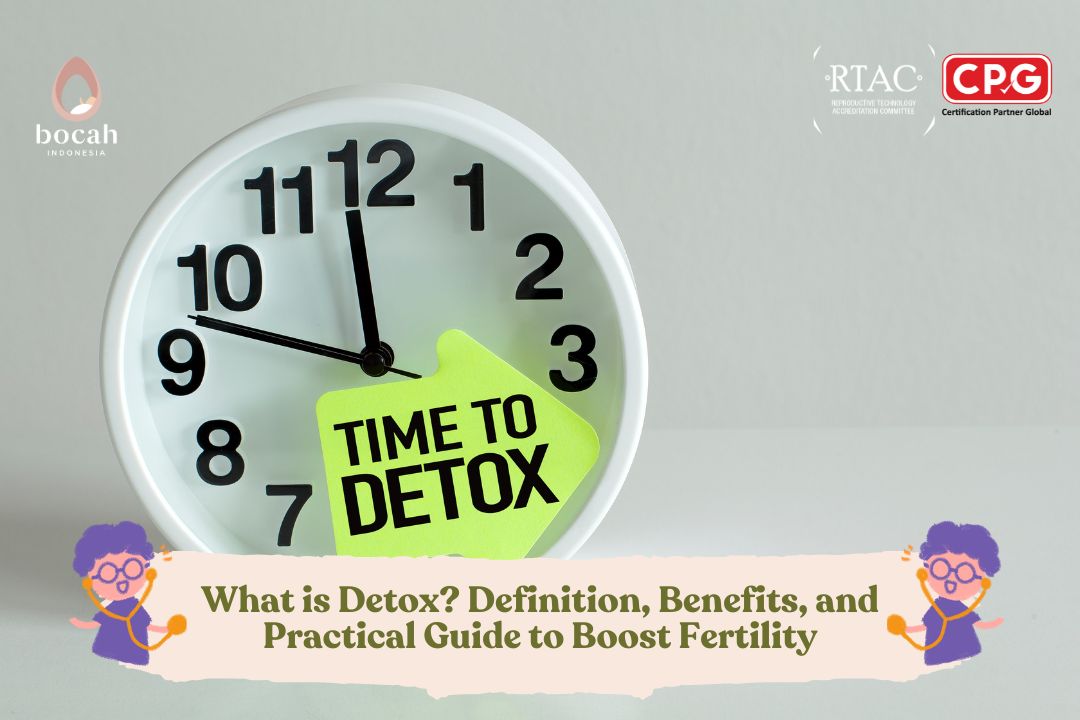Mung Bean Extract, Mighty and Shameless

Mung beans are one type of legume that contains various nutrients beneficial for health.
Do Mom and Dad enjoy consuming mung beans? Mung beans are one of the healthy foods often consumed for breakfast or as a snack.
Mung beans contain a variety of nutrients beneficial for health, such as protein, carbohydrates, fiber, calcium, iron, zinc, and potassium.
Usually, mung beans are processed into mung bean porridge, ice, or even refreshing juice. Well, some also turn mung beans into mung bean extract.
Mung bean extract is a drink made from mung bean extract. Although made from mung bean extract, this drink has the same content. It’s better for Mom to process mung bean extract without added sweeteners or artificial preservatives.
Tanya Mincah tentang Promil?
Mung Bean Content
Mung beans contain various nutrients that play a crucial role in health. Here are the nutritional contents of mung beans per 100 grams, as reported by the Ministry of Health of the Republic of Indonesia.
- Energy: 323 calories
- Water: 15.5 grams
- Protein: 22.9 grams
- Carbohydrates: 56.8 grams
- Fiber: 7.5 grams
- Fat: 1.5 grams
- Calcium: 223 mg
- Potassium: 815.7 mg
- Iron: 7.5 mg
- Sodium: 42 mg
- Zinc: 2.9 mg
- Phosphorus: 319 mg
- Carotene: 223 mcg
- Beta-carotene: 156 mg
- Vitamin C: 10 mg
Benefits of Consuming Mung Bean Extract for Health
In addition to being delicious, mung bean extract also provides several health benefits due to its nutrient content. Here are some of the benefits of mung bean extract that Mom and Dad should know.
-
Maintaining Digestive System Health
One of the benefits of consuming mung bean extract is its positive impact on the digestive system’s health. This is because mung beans are rich in beneficial fiber for digestion, promoting smooth body metabolism.
Mung bean extract contains soluble fiber (pectin) that can speed up the digestion process and soften stools to pass through the digestive tract, reducing the risk of constipation.
Moreover, this type of fiber also acts as a prebiotic, serving as a source of food for beneficial bacteria living in the intestines.
-
Strengthening Bones
Mung beans contain an adequate amount of calcium and phosphorus, both of which play a crucial role in preventing osteoporosis. Additionally, mung bean extract is also beneficial for the bone and teeth growth in children.
-
Aiding in Weight Management
Consuming mung bean extract can also help with weight management. This is because mung beans contain protein and fiber, which keeps the stomach full for longer and helps control appetite.
According to research published in the Food & Nutrition Research journal, a cup of raw mung beans contains 31 calories, no fat, and only 3.6 grams of sugar.
-
Reducing the Risk of Diabetes
Frequent consumption of mung bean extract can reduce the risk of diabetes. Mung bean extract contains protein and fiber that can slow the release of sugar into the bloodstream.
This condition can help lower the risk of diabetes by helping control blood sugar levels in individuals with diabetes. Mung beans have a lower glycemic index compared to rice, helping to regulate blood sugar.
-
Lowering Cholesterol Levels
Mung beans contain antioxidants such as flavonoids, cinnamic acid, and caffeic acid that can lower levels of bad cholesterol (LDL). High cholesterol levels in the blood can pose various health risks, such as heart disease and stroke.
Consuming mung beans can improve circulation and keep arteries clean, preventing blockages caused by high levels of bad cholesterol.
Is Consuming Mung Bean Extract Good for Fertility?
Consuming mung beans is believed to enhance fertility and is often used as a dietary choice for couples undergoing conception.
Unfortunately, there is no scientific research that states the effectiveness of mung beans in promoting quick pregnancy. Although there is no scientific evidence, the various nutritional components in mung beans indirectly support fertility and can be consumed during conception.
During pregnancy planning, the body requires a balanced intake of nutrients. Some of the nutrients in mung beans, such as protein, folic acid, antioxidants, and fiber, are beneficial for reproductive health.
However, consuming mung bean extract alone does not guarantee a quick pregnancy. Mom and Dad need to consume other healthy and nutritious foods to maintain a balanced nutrient intake.
Many factors can affect difficulties in conceiving, ranging from lifestyle, stress, to an unhealthy body weight. If there are specific conditions that make it difficult for Mom and Dad to conceive, it is advisable to seek fertility assessments.
Source:
- Shen, Z.Y., et al. (2018). Mung bean proteins and peptides: nutritional, functional and bioactive properties. Food Nutr Res. 2018; 62: 10.29219/fnr.v62.1290. https://www.ncbi.nlm.nih.gov/pmc/articles/PMC5846210/
- Hou, D., et al. (2019). Mung Bean (Vigna radiata L.): Bioactive Polyphenols, Polysaccharides, Peptides, and Health Benefits. Nutrients. 2019 Jun; 11(6): 1238. https://www.ncbi.nlm.nih.gov/pmc/articles/PMC6627095/
- Jayalath, V.H., et al. (2014). Effect of dietary pulses on blood pressure: a systematic review and meta-analysis of controlled feeding trials. Am J Hypertens. 2014 Jan;27(1):56-64.https://pubmed.ncbi.nlm.nih.gov/24014659/
- Yao, Y., et al. (2008). Antidiabetic activity of Mung bean extracts in diabetic KK-Ay mice. https://pubmed.ncbi.nlm.nih.gov/18767859/
- Data Panganku. Kacang Hijau. http://panganku.org/id-ID/view










